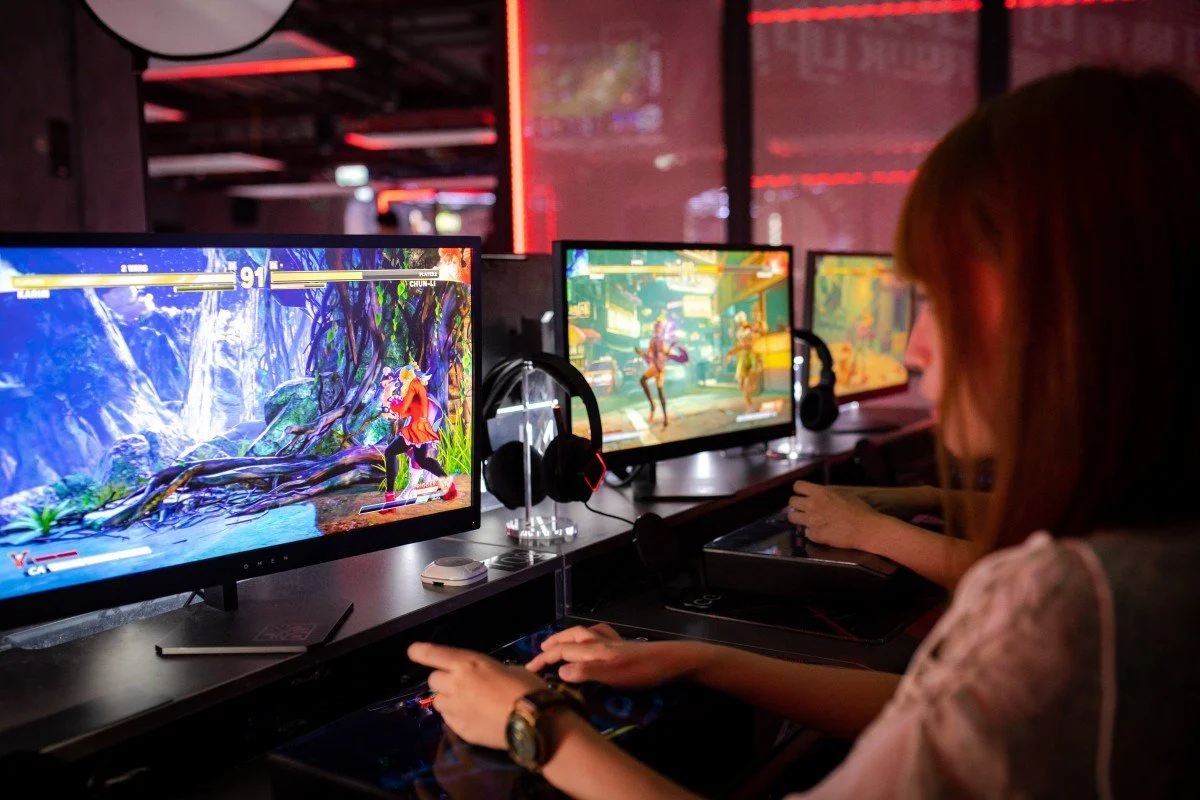Libro express (translation: Book express) is a new initiative and collaborative project between Madrid's libraries (las bibliotecas), the Community of Madrid (la Comunidad de Madrid), and Renfe (Spain’s state-owned train company). Libro express is the only library book lending machine of its kind in Spain and in Europe.
On Demand, In Vain?
By Katherine Schouten Rick Archbold recently published a piece in the Literary Review of Canada exploring the impact of self-publishing on the future of literature. The swift rise of print-on-demand technology (POD), which enables users to produce small print runs of titles through cost efficient means, has inaugurated a rush of unfettered works. Visual and textual, personal and professional, fictional and factual, literary and mundane, POD capabilities have empowered all those who possess the inclination to publish self-created goods.
As Archbold acknowledges, such access brings with it thorny issues, of which much conversation has been, and is being, had. (A thoughtful example from Christina Patterson can be found in The Independent.) But his argument brings the quandary around to the other side: what work that ought to be considered “literature” is being passed over precisely because it’s not from mainstream publishers? What might otherwise be considered “legitimate,” if not for the stamp of “vanity publishing” currently affixed by the industry to volumes precisely because they are printed by the very authors who wrote them? More urgently to Archbold, what works of literary art may society lose because self-publication is deemed vain?
Underscoring these conversations is the dualistic role the medium of a book, physical or electronic, plays, both as a vehicle for art (i.e., literature) and as a dynamic tool of communication. It remains one of our most fundamental technologies; how we access it, and whom we allow or enable to produce it, is rapidly changing. But could it be that with this technological evolution we might reinvigorate the book’s latter role, as a tool? If so, arts organizations—indeed, nonprofits of all varieties—stand to benefit. Books self-published using POD carry the potential to serve as an effective means of promotion and commemoration, a revenue stream in the form of merchandise, a powerful platform to aid applications for grant and foundation funding, and an enticing incentive for tiered giving. Most providers (Blurb, Lulu, etc.) are now compatible with Adobe InDesign, further aiding the integration process by enabling graphic designers to work in a preferred medium (rather than being limited to proprietary templates). They also now have ebook options, to deliver self-published goods to potential readers in their preferred format.
The conversations and concerns surrounding the implications of POD and self-publishing on the broader industry will no doubt continue. But the possibilities they hold for the nonprofit sector are palpable, vanity or not.
For a primer on self-publishing, see Alan Finder’s recent article in the New York Times, “The Joys and Hazards of Self-Publishing on the Web.”
The Space: A Summer of English Arts on a New Experimental Platform
This Olympiad summer, the arts in the UK will be consolidated onto a single online platform called The Space. What’s more? The content on The Space is being provided for free! There’s room, or more fittingly, seats for all, at venues such as the World Shakespeare Festival or Yayoi Kusama’s Obliteration Room at the Tate.
“The Space is a new way to access and experience all of the arts – for free.Available on computer, tablet, smartphone and connected TV, The Space invites you to take part in the biggest summer of arts the UK has ever seen, whenever you want it and wherever you happen to be. ”
 The Arts Council England in partnership with the BBC created The Space as a way for people from all over the world to experience the country’s rich and dynamic arts scene. In effect, a summer of English arts to all! (Albeit without the English summer and its cool Constable Skies). So The Space is certainly something to look forward too because it will feature some of the UK’s best theatrical productions, dances, musical performances, art exhibits, poetry readings, along with content that has been specifically created for the platform.
The Arts Council England in partnership with the BBC created The Space as a way for people from all over the world to experience the country’s rich and dynamic arts scene. In effect, a summer of English arts to all! (Albeit without the English summer and its cool Constable Skies). So The Space is certainly something to look forward too because it will feature some of the UK’s best theatrical productions, dances, musical performances, art exhibits, poetry readings, along with content that has been specifically created for the platform.
Through the course of the summer, the performances staged in theatre, dance, film, and music will be showcased via recordings and live streaming while exhibitions at museums and galleries will be presented via behind-the-scenes footage, photographs, and interviews with artists and curators. The Space will also feature experimental and interactive digital art that can be experienced on the platform itself. Finally, for poetry and literature, there will be a variety of formats, including podcasts, poetry readings, and interactive audio-visual timelines such as the 60 Years in 60 Poems.
While live streaming and online exhibits aren’t entirely new to the performing or visual arts, the presentation of all the arts, all at once, and in one place, is certainly a novelty. As such, The Space is truly remarkable because it is no ordinary task to fit an entire country’s arts scene onto a single platform! If other countries too made their arts available on interactive, well designed platforms, the internet would surely be a destination in itself. Perhaps the introduction of The Space suggests that it already is?!
The Space also signals another significant trend; the quality of arts being made available online continues to improve. Whether it is in opera, film, or even, educational art history, we are privy to some great material. At the same time, the problem with the online format is that there are times when our Google searches are less than serendipitous and our social networks less than social. On such days, we miss out on a lot of online events, projects, and experiments.
Yet on The Space, what will remain certain is most certainly the art. And at the end of each adequately sunny day across the Atlantic, the platform will be populated with new content for visitors to see, hear, read, and experience. Moreover, the content on this living library of the arts will be available until October. After that, it will be time, once again, to continue our search for the arts on the virtual infinity of the internet (The outer Space).






